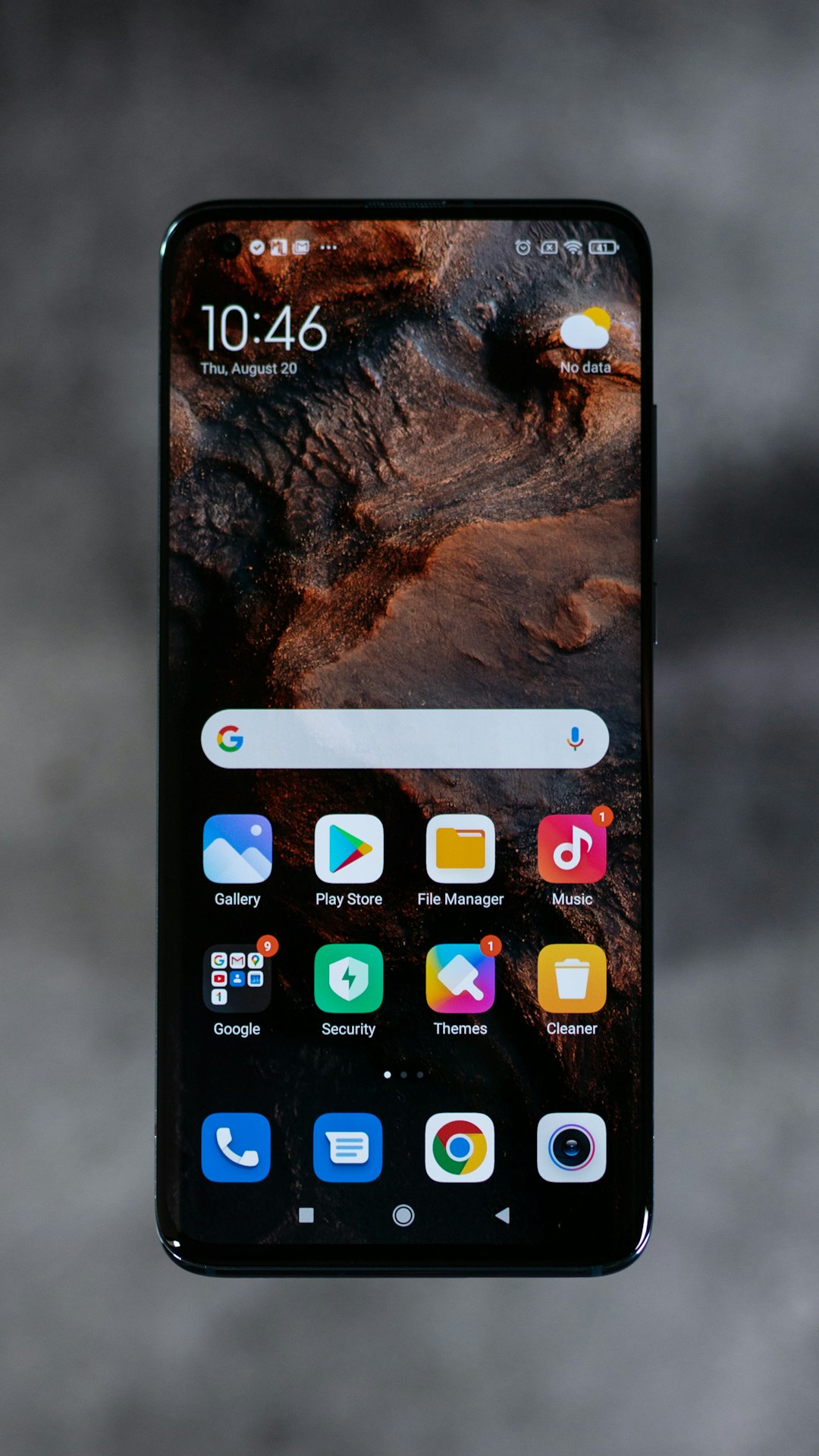Philadelphia residents are fighting back against unwanted telemarketing calls through community initiatives and legal protection. They're joining local "Do Not Call" lists for legal services, leveraging apps, and raising awareness about TCPA rights. This collaborative approach, combining technological tools with education, reduces intrusive phone marketing, empowering citizens and fostering a quieter, more peaceful environment. Consulting Do not call lawyers Philadelphia can provide guidance for maximizing these protections.
In Philadelphia, unwanted telemarketing calls remain a persistent issue, impacting residents’ quality of life. This article explores effective community initiatives aimed at mitigating this problem. We delve into the significant impact of telemarketing and analyze Pennsylvania’s legal framework, including its Do Not Call laws. By examining successful community efforts and providing strategies for robust Do Not Call list registration, we offer insights to reduce unwanted calls. Additionally, we emphasize the power of collaboration among local initiatives and Do not call lawyers in Philadelphia to create a more peaceful and clutter-free environment.
Understanding the Impact of Telemarketing in Philadelphia

Telemarketing calls, while a common practice for businesses worldwide, have often been a nuisance and a disturbance to residents in Philadelphia. These unwanted calls can range from frustrating sales pitches to potential scams, leaving many Philadelphians seeking solutions to protect their personal time and privacy. In recent years, the city has witnessed a growing community initiative to combat this issue, with a focus on reducing the number of unsolicited phone marketing efforts, especially when it comes to legal services.
The impact of telemarketing can be significant, as it often invades individuals’ personal space and disrupts their daily lives. Many residents find themselves on Do Not Call lists specifically for legal services in Philadelphia to avoid constant calls from lawyers and law firms. These initiatives not only empower citizens but also foster a sense of community by encouraging collective action against intrusive marketing practices.
Legal Framework: Do Not Call Laws in PA

In Pennsylvania, including the bustling city of Philadelphia, unwanted telemarketing calls are regulated by the state’s “Do Not Call” laws. These laws empower residents to take control of their phone lines and protect them from intrusive marketing calls. The Do Not Call Registry in PA allows individuals to register their telephone numbers, effectively blocking outbound sales or promotional calls from various sources, including telemarketers.
Philadelphia residents can rest assured that there are legal safeguards in place. The state’s regulations enforce penalties on telemarketers who violate the “Do Not Call” rules, offering relief and peace of mind to those overwhelmed by unsolicited calls. For those seeking assistance, consulting with a Do not call lawyer Philadelphia is a strategic step to understand their rights and navigate potential legal issues related to these laws.
Community Efforts to Reduce Unwanted Calls

In response to the persistent issue of unwanted telemarketing calls, Philadelphia communities have taken proactive measures to mitigate this nuisance. Local residents and organizations are leveraging collective action and technology to curb excessive phone solicitations, with a particular focus on blocking legal and illegal robocalls. One effective strategy involves utilizing specialized apps and tools that allow individuals to register their numbers on “do not call” lists specific to the region. These initiatives ensure that residents’ privacy is respected while aiming to reduce the volume of intrusive calls.
Community-driven efforts also include educating citizens about the legal protections in place, such as the Telephone Consumer Protection Act (TCPA), which restricts certain telemarketing practices. By raising awareness and encouraging neighbors to join forces, Philadelphia’s proactive approach aims to create a more peaceful living environment, free from relentless sales pitches, ensuring that residents can enjoy their personal time without constant interruptions.
Strategies for Effective Do Not Call List Registration

In the fight against unwanted telemarketing calls, community initiatives play a pivotal role in empowering residents of Philadelphia. One of the most effective tools at their disposal is the Do Not Call (DNC) list. To ensure maximum impact, individuals should follow strategic steps when registering for this service. Firstly, make use of official state or federal DNC registries, as these are the most comprehensive and widely recognized. In Philadelphia, residents can register through the Pennsylvania Public Utility Commission’s website, which offers an easy-to-use interface.
Additionally, enlisting the help of Do not call lawyers Philadelphia can be beneficial. Legal experts in this field have a deep understanding of consumer rights and can provide guidance on navigating DNC list registration processes effectively. They can also offer advice on dealing with violations or issues that may arise, ensuring residents are protected from persistent telemarketers. By combining official registries and legal support, community members can create a robust defense against intrusive marketing calls.
Supporting Local Initiatives: A Collaborative Approach

In the fight against unwanted telemarketing calls, Philadelphia residents have shown remarkable initiative and solidarity. Many local organizations and community groups have joined forces to create effective solutions that respect everyone’s peace of mind. One prominent strategy is the encouragement and support of “Do Not Call” lists specific to the city, ensuring that businesses adhere to these guidelines. These collaborative efforts not only reduce the volume of intrusive calls but also foster a sense of community resilience against aggressive sales tactics.
By promoting local initiatives, Philadelphia can set an example for other urban centers facing similar challenges. This collective approach empowers residents to take control of their privacy and ensures that telemarketing practices are more accountable and respectful. With continued community involvement, the city can move towards a quieter, more harmonious environment where “Do Not Call” lists are upheld, and unwanted phone marketing becomes a thing of the past.






